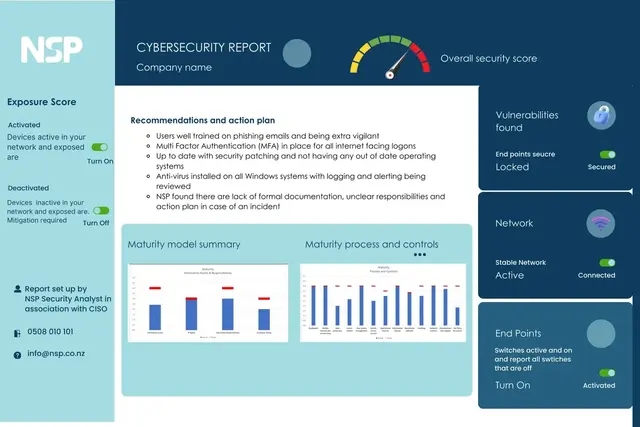DevOps: Transforming Software Development and IT Operations

In today’s fast-paced digital landscape, DevOps has become a crucial methodology for organizations looking to streamline software development and IT operations. By fostering collaboration between development and operations teams, DevOps accelerates software delivery, improves efficiency, and enhances system reliability.
What is DevOps?
DevOps is a set of practices that combines software development (Dev) and IT operations (Ops) to enable continuous integration, continuous delivery (CI/CD), and faster deployment cycles. It emphasizes automation, monitoring, and collaboration to ensure that applications are developed, tested, and deployed efficiently.
Key Principles of DevOps
1. Collaboration & Communication
DevOps breaks down silos between development, operations, and quality assurance teams, fostering a culture of shared responsibility and continuous improvement.
2. Automation
Automation plays a critical role in DevOps, from code integration and testing to deployment and monitoring. Tools like Jenkins, Ansible, and Terraform help automate repetitive tasks, reducing human errors and increasing efficiency.
3. Continuous Integration & Continuous Deployment (CI/CD)
CI/CD pipelines allow developers to integrate code changes frequently and deploy updates seamlessly. This approach ensures that new features, bug fixes, and security updates reach users faster.
4. Monitoring & Feedback Loops
Real-time monitoring and logging tools like Prometheus, Grafana, and Splunk provide insights into system performance, helping teams identify and resolve issues proactively.
5. Security & Compliance (DevSecOps)
Security is integrated into the DevOps pipeline through DevSecOps, ensuring that security checks are automated and compliance standards are met without slowing down development.
Benefits of DevOps
1. Faster Software Delivery
By automating testing and deployment, DevOps significantly reduces the time it takes to release new features and updates.
2. Improved Collaboration
Enhanced teamwork between developers, IT operations, and security teams leads to better problem-solving and innovation.
3. Increased Reliability
Continuous monitoring and automated rollback mechanisms ensure that applications run smoothly with minimal downtime.
4. Scalability & Flexibility
With cloud-native tools and containerization (e.g., Kubernetes and Docker), DevOps enables businesses to scale applications efficiently.
5. Cost Efficiency
By optimizing processes and reducing manual interventions, DevOps helps organizations lower operational costs while improving productivity.
Popular DevOps Tools
- Version Control: Git, GitHub, GitLab
- CI/CD: Jenkins, GitHub Actions, CircleCI
- Configuration Management: Ansible, Puppet, Chef
- Containerization & Orchestration: Docker, Kubernetes
- Monitoring & Logging: Prometheus, ELK Stack, Splunk
Industries Benefiting from DevOps
Technology & Software Development
Tech companies use DevOps to deliver software updates quickly and enhance user experience.
Finance & Banking
Banks implement DevOps for secure and compliant software releases, ensuring smooth transactions and risk management.
Healthcare
Hospitals and medical tech companies rely on DevOps for efficient patient data management and regulatory compliance.
E-Commerce
Online retailers use DevOps to maintain high website availability, handle traffic spikes, and ensure seamless user interactions.
Conclusion
DevOps is revolutionizing the way organizations develop, deploy, and control software. By fostering collaboration, automating workflows, and prioritizing continuous improvement, DevOps empowers businesses to innovate faster and operate more efficiently.
Contact US:
Website :- https://nsp.co.nz/
Email id :- sales@nsp.co.nz
contact :- 0508010101
What's Your Reaction?
















